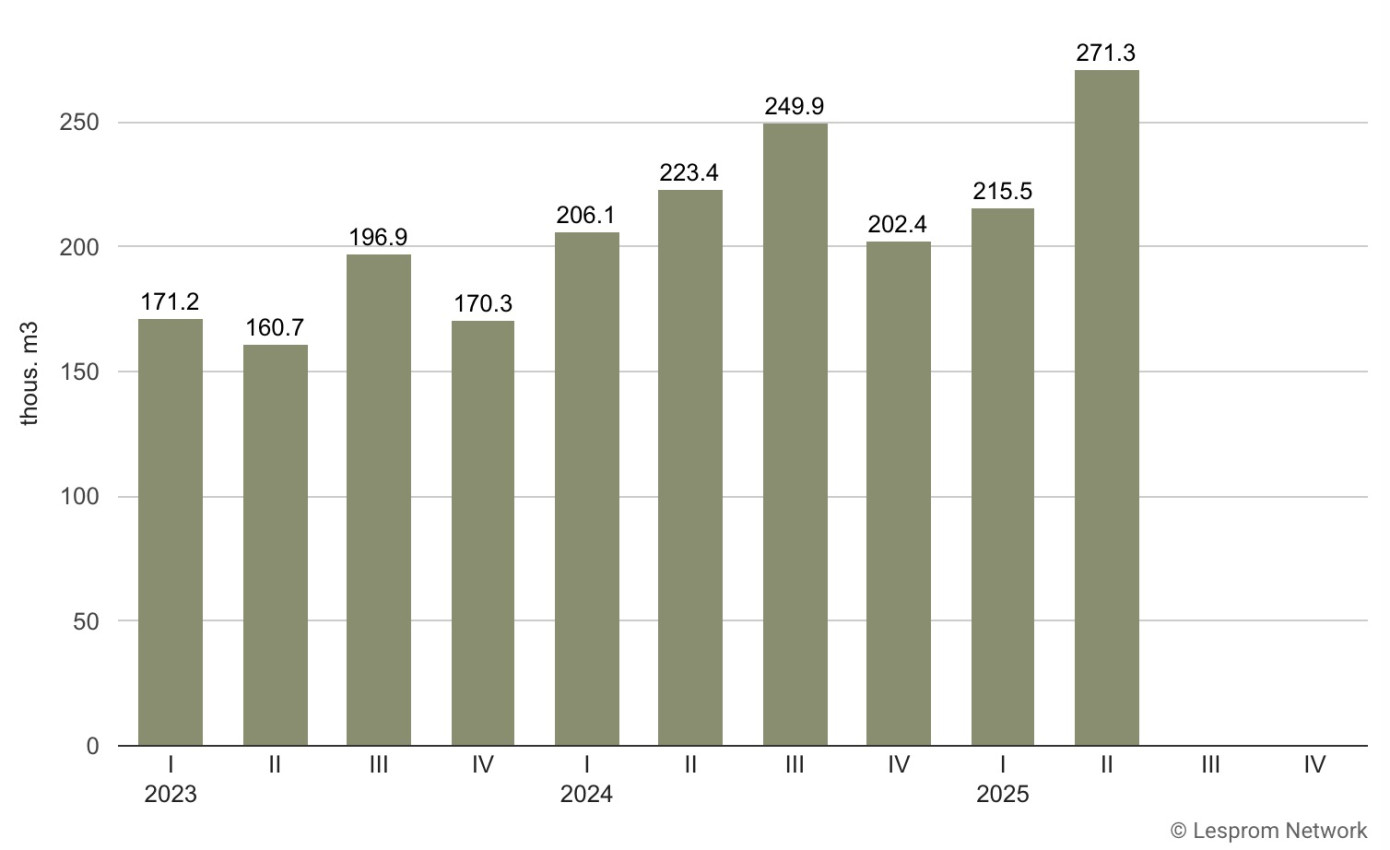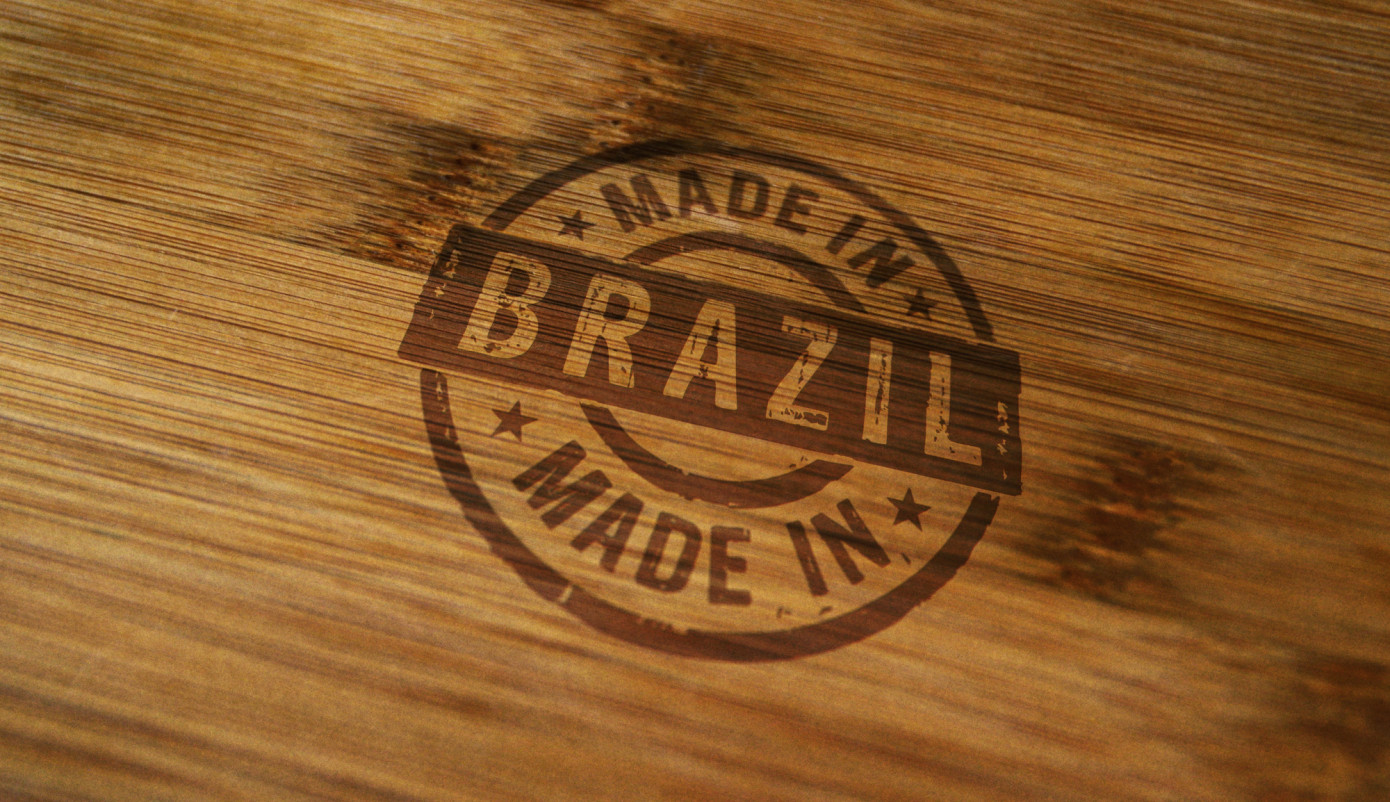Summary
-
Brazilian wood exporters hurry to ship hundreds of containers to the U.S. before a 50% tariff takes effect August 6.
-
Most Brazilian plywood and sawn wood exports not shipped by August 6 will face combined U.S. tariffs totaling 50%.
-
The Brazilian timber industry warns new U.S. tariffs could cause lost contracts, job cuts, and financial strain.
Under the U.S. presidential order, Brazilian wood products exporters are aiming to ship hundreds of containers to the United States before August 6, when a 50% tariff will be enforced on new arrivals. Anyone in Brazil who does not manage to send shipments before this date will face the full U.S. duty, prompting a rush among Brazilian exporters to coordinate last-minute logistics and customs clearance. The Brazilian Association of Mechanically Processed Timber Industry (Abimci) confirms that its members are working urgently to load, dispatch, and track containers to ensure arrival in the United States before the tariff hike.
From January to June 2025, Brazil’s exports of plywood to the United States increased 13% year-on-year to 487 thousand m3. The value of plywood exports expanded 6% to $161.5 million, while the average price of plywood fell 7% to $332 per m3, according to Lesprom Analytics. During the same period, Brazil’s exports of lumber to the United States expanded 21% year-on-year to 587 thousand m3. The value of lumber exports increased 18% to $155.8 million, and the average price of lumber decreased 2% to $266 per m3. Image: Quarterly exports of plywood from Brazil to the United States, January 2023 – June 2025 / Lesprom Analytics
Abimci states that the tariff increase could sharply reduce Brazil’s exports of plywood, lumber, and other wood products to the United States. The association reports that hundreds of containers, mainly plywood and lumber, are currently at sea or awaiting shipment from Brazil, with most set to arrive at U.S. ports between early August and early October. According to Abimci, these shipments account for a significant share of Brazil’s monthly trade volume and could face severe financial losses if delayed. Industry participants in Brazil are concerned that higher tariffs will reduce competitiveness, force price renegotiations, and disrupt supply contracts with U.S. buyers.
Under the U.S. presidential order, a 40% ad-valorem duty applies to goods from Brazil under HTSUS heading 9903.01.77 entering U.S. customs from August 6. This rate is in addition to the existing 10% tariff introduced by Executive Order 14257, bringing the total to 50%. However, containers loaded in Brazil before August 6 and entered into U.S. customs before October 5 are exempt from the new 40% duty, provided their final transit was underway before the cutoff. Additional exclusions, outlined in U.S. headings 9903.01.79 to 9903.01.83, cover humanitarian donations, informational materials, civil aircraft and parts, and selected metals and vehicles.
The U.S. administration may adjust the tariffs if Brazil implements retaliatory measures, and further clarification on enforcement is expected soon. Importers in the United States are reviewing HTSUS codes to confirm their tariff obligations, while Brazilian authorities weigh legal, diplomatic, and commercial responses.
Annex I of the executive order specifies key wood and pulp products from Brazil under HTS codes 44 to 48 that are exempt from the new 40% tariff. These include tropical sawn wood (HTS 4407.29.02) and a range of chemical wood pulp categories (HTS 4702, 4703, 4704, 4705, and 4706), which remain subject only to the original 10% tariff. These exemptions are designed to maintain flows of basic wood and pulp products from Brazil, while higher-value and processed items face increased duties.
Abimci also warns that the Brazilian industry could face widespread cancellations of U.S. contracts, major reductions in export revenues, the loss of jobs, and the shutdown of production lines if the 50% tariff remains in force for an extended period. Additional issues include logistical disruptions, elevated shipping costs, and the risk of U.S. buyers permanently shifting orders to other countries. The association further notes that many Brazilian companies could face serious cash flow problems, challenges with inventory management, and heightened uncertainty over future market access.
